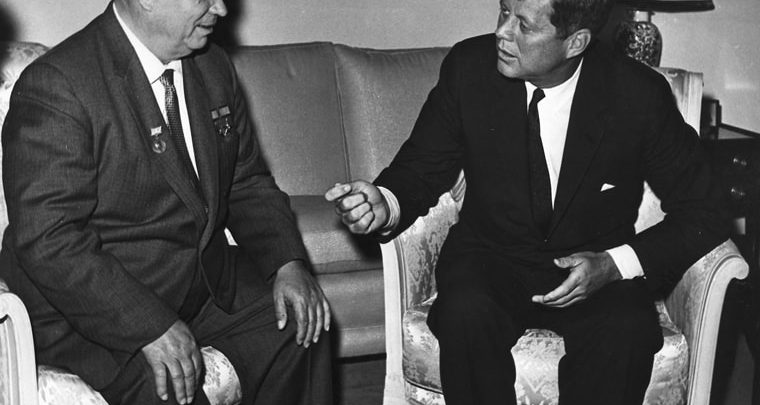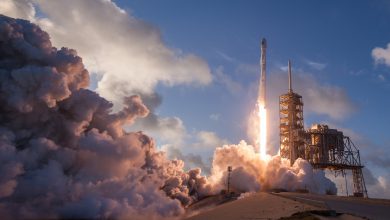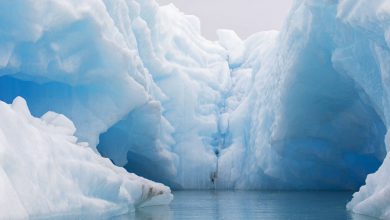
John F. Kennedy served as the 35th President of the United States. During his campaign, he narrowly defeated former Vice President Nixon. The beginning of Kennedy’s term in 1961 was cut short by his assassination a few short years later while on a motorcade in Dallas, Texas. During his short term as President, Kennedy left an imprint on Cold War policies and America’s relationship with the Soviet Union during the height of the globe’s nuclear capabilities.
The Failed Bay of Pigs Invasion
The Bay of Pigs invasion was a failed CIA intervention of Cuba in 1961. The country was undergoing a prominent communist revolution, officially severing diplomatic ties with the island in January of the same year. Although some presidential advisors insisted that the Castro regime posed no real threat, President John F. Kennedy believed that showing a strong stance on Cuba would reflect to the rest of the world the seriousness of winning the Cold War.
On April 17th, the brigade of exiles began its invasion of Cuba on the Bay of Pigs on a southern bay on the island. Almost immediately, the plan was a disaster. A radio station on the beach relayed every move to listeners across Cuba. Coral reefs sank many of the ships as they attempted to pull in to shore. Backup paratroopers landed in the wrong place. Castro’s troops cornered the agents on the beach- 114 were killed and 1,100 were taken prisoner after less than a day of fighting.
The invading American-backed force was defeated within a span of three days by the Cuban Revolutionary Armed Forces under the direct command of Fidel Castro. This mission strengthened Cuba’s ties with the Soviet Union, posing a direct proximal threat to the United States. Although the plan began under Eisenhower, Kennedy’s presidency saw it to unsuccessful fruition.
Kennedy and the Vienna Summit
A mere six weeks after the failed Bay of Pigs invasion, President Kennedy joined a summit with Soviet leader Nikita Khrushchev. This was seen as a giant failure of the Kennedy administration, as the President was unable to accomplish many of the summit goals. Khrushchev saw Kennedy as weak and stated that he came off as weak, unlike Eisenhower who he described as a “…man of intelligence and vision.”
During the summit, Khrushchev raised the possibility of war which surprised Kennedy, and was something that neither leader eventually wanted. By the end, the summit did not produce any policy decisions after being unable to agree on a nuclear test ban. Historians argue that Kennedy’s lack of rigidity came off as a weakness to the Soviets and prolonged the stalemate between the two.
The Cuban Missile Crisis
A tense political and military standoff occurred between the Soviet Union and the United States in 1962. As the Soviets armed Cuba with nuclear missiles stations close to American soil, President Kennedy advised the American public that he would enact a naval blockade around Cuba and made clear his intentions to use military force to neutralize the Soviet threat. The imminent disaster was avoided when Khrushchev offered to remove the missiles stationed in Cuba in exchange for the American promise not to invade the island. Within this agreement, President Kennedy also agreed to remove American missiles from Turkey.



